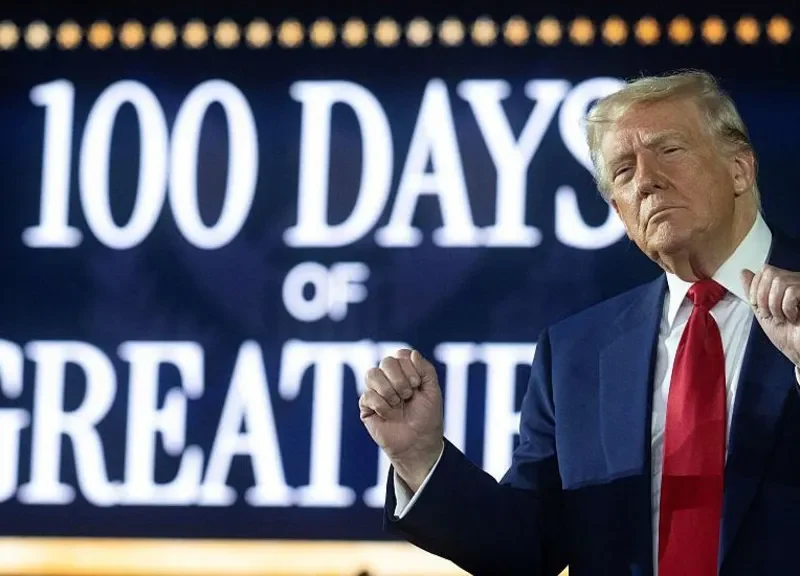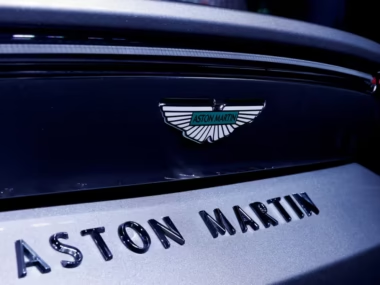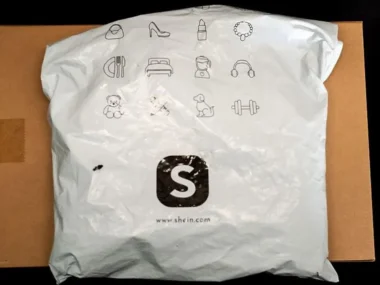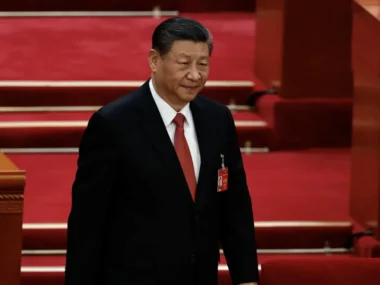U.S. President Donald Trump has adjusted tariff policies to ease pressure on the automotive sector, following warnings about rising costs and potential drops in sales and production.
Under the revised rules, companies operating factories in the U.S. can now lower their import tax burden on foreign components, based on a formula linked to vehicle sales and pricing.
The White House said the change aims to offer two years of relief while automakers restructure their supply chains.
Additionally, the administration has acted to prevent carmakers from being repeatedly taxed on the same imported parts.
The Trump administration has announced that carmakers and parts suppliers won’t be subject to overlapping tariffs, such as those already imposed on steel, aluminium, and imports from Canada and Mexico.
The move coincided with President Trump’s visit to Michigan on Tuesday for a rally marking his first 100 days in office. Michigan is home to major U.S. automakers—Ford, GM, and Stellantis—and a vast network of over 1,000 key industry suppliers.
Since Trump’s March announcement of 25% tariffs on cars and auto parts, aimed at boosting domestic production and citing national security, the industry has faced considerable disruption. While the announcement triggered a temporary sales surge as buyers moved to avoid price hikes, it left manufacturers scrambling to adapt.
Ahead of the easing, firms like General Motors had voiced support for relief. GM CEO Mary Barra expressed appreciation for the administration’s cooperation and support of American auto jobs. The company also withdrew its financial outlook for the year and delayed its investor call due to the market uncertainty.
Under the new plan, automakers assembling cars in the U.S. can now offset part tariffs, with the credit worth up to 3.75% of a vehicle’s suggested retail price in the first year, dropping to 2.5% the following year. Tariffs on parts were initially set to begin on May 3.
The administration added that vehicles made with at least 85% domestic, Canadian, or Mexican parts will be exempt from tariffs—rising to 90% in the second year. The policy acknowledges the global nature of automotive supply chains, where even U.S.-branded vehicles often rely on foreign parts.
Trump played down the scale of the easing, stating it covered only a “very small part of the car,” and emphasized his intent to support companies investing in U.S. operations during a short transition period.
Automotive groups had recently urged the administration not to proceed with tariffs on parts, warning of increased costs for consumers and reduced sales and service capacity. Ford welcomed the changes and reiterated its support for U.S. manufacturing growth and affordable supply chains. The company also called on other vehicle importers to increase domestic production.
Stellantis chairman John Elkann also praised the decision and affirmed the firm’s commitment to working with the administration to build a competitive U.S. auto industry and boost exports.











